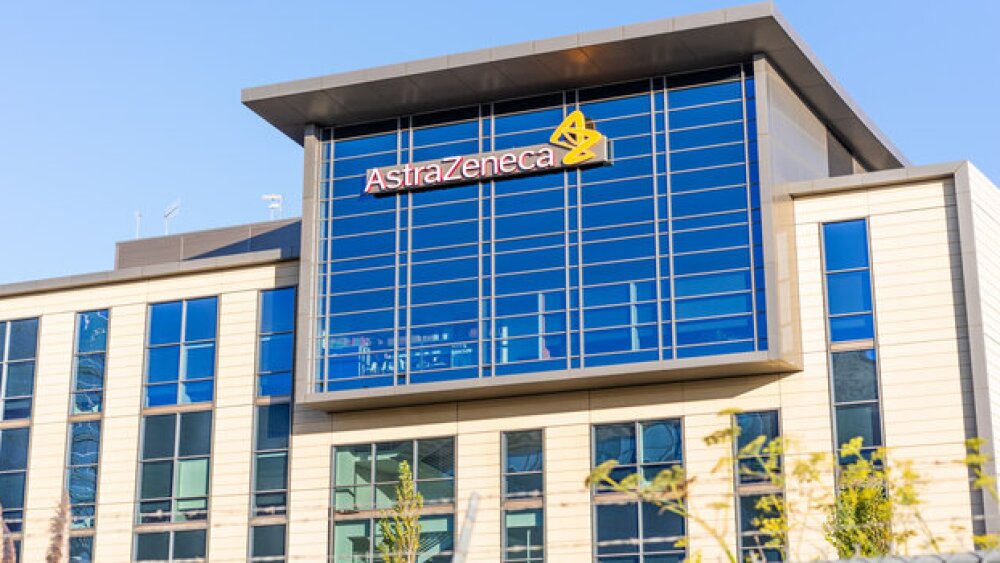AstraZeneca is proposing to use Imfinzi for resectable non-small cell lung cancer in the perioperative setting—both before and after surgical resection of the tumor. However, ahead of Thursday’s advisory committee meeting, FDA staffers have expressed concerns.
Ahead of an advisory committee meeting scheduled for Thursday, FDA staffers have raised concerns of overtreatment with AstraZeneca’s Imfinzi (durvalumab) in its Phase III study in non-small cell lung cancer.
In a joint briefing document with the pharma, the regulator’s internal reviewers noted that AstraZeneca’s approach of giving Imfinzi perioperatively—both before and after surgical resection of the tumor—could have exposed patients to excessive levels of immune checkpoint inhibitors (ICI).
“Emerging data from completed trials of neoadjuvant only, adjuvant only, and perioperative ICI regimens across other drugs in the class contribute to the uncertainty regarding the need for ICI in both perioperative phases of therapy,” the FDA’s staffers wrote. “This raises concern for potential overtreatment and its attendant toxicities.”
AstraZeneca is proposing to use Imfinzi as a treatment for patients with resectable non-small cell lung cancer (NSCLC) in the perioperative setting—in combination with chemotherapy before surgery and as a monotherapy after. To back the label expansion, the pharma conducted the Phase III AEGEAN study, a two-arm, randomized and placebo-controlled trial.
Results of the study showed that the Imfinzi regimen can elicit a 17.21% pathological complete response rate, compared to 4.28% in the placebo arm, according to the briefing document. The treatment effect of 12.96% was statistically significant in favor of Imfinzi. Event-free survival (EFS) was also significantly better in the Imfinzi-treated patients.
While the FDA concedes that Imfinzi hit its primary efficacy endpoints the agency maintains that AEGEAN was inadequately designed to “determine if the benefit observed in the post-surgery period requires the addition of the adjuvant durvalumab phase.”
The regulator noted that “if the clinical benefit of durvalumab is derived primarily from its use in the neoadjuvant phase, the use of durvalumab in the adjuvant phase would expose patients to overtreatment and its attendant safety risks and additional treatment burden without added clinical benefit.”
The FDA’s Oncologic Drugs Advisory Committee will meet on Thursday to review the “high uncertainty around the contribution of phases,” especially the need for adjuvant Imfinzi on top of neoadjuvant chemoimmunotherapy. The panel will also discuss possible trial designs that can better elucidate the specific contributions of a novel drug to the overall treatment effect.
Imfinzi is an intravenous inhibitor of the PD-L1 protein that works by blocking its interaction with a corresponding receptor and disrupting the downstream signaling pathway. This mechanism of action prevents the tumor cells’ ability to evade the immune system, while simultaneously boosting the body’s anti-cancer activity.
In NSCLC, Imfinzi is currently indicated as a monotherapy for patients with stage III unresectable disease, and in combination with Imjudo (tremelimumab) and platinum chemotherapy for metastatic disease.






